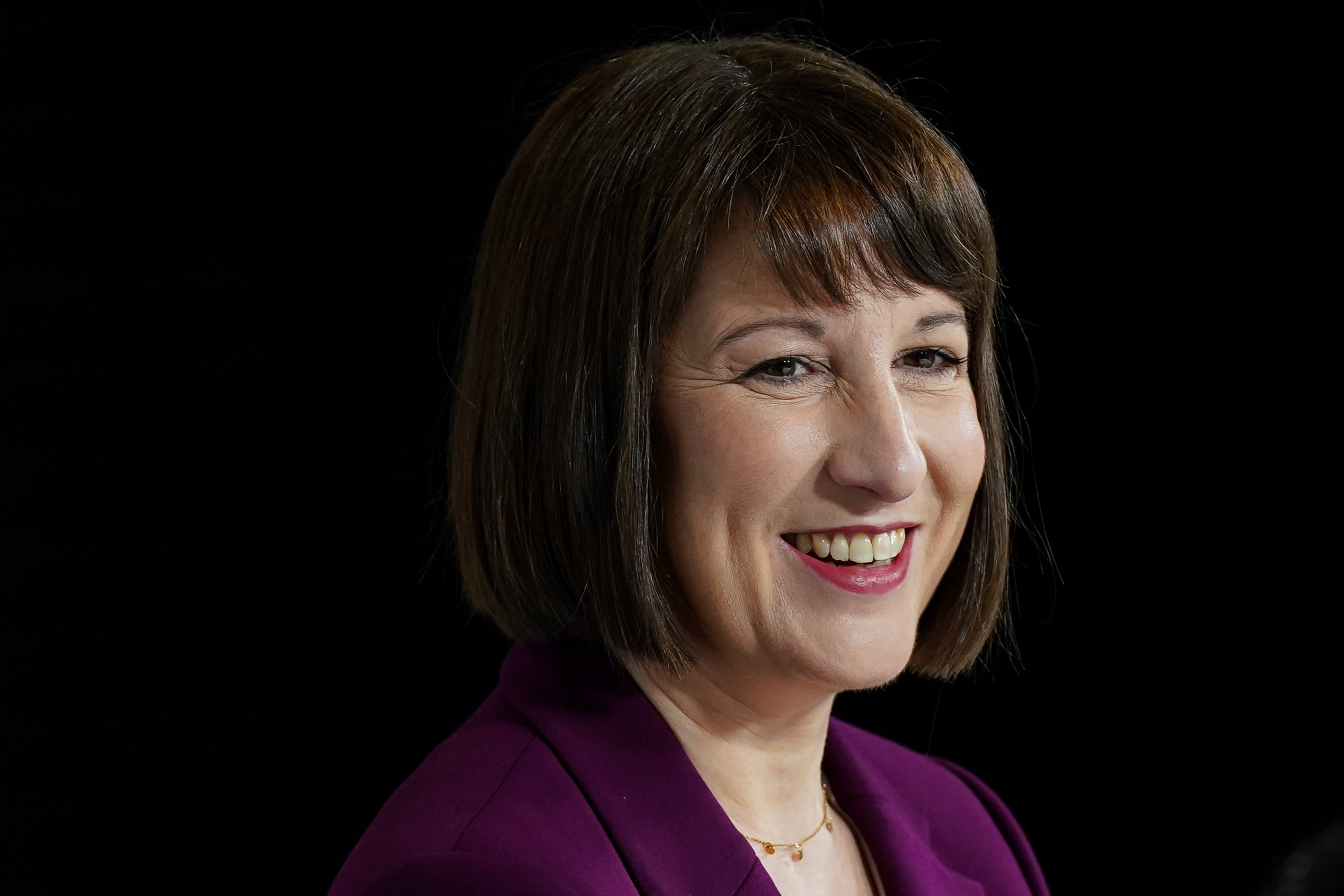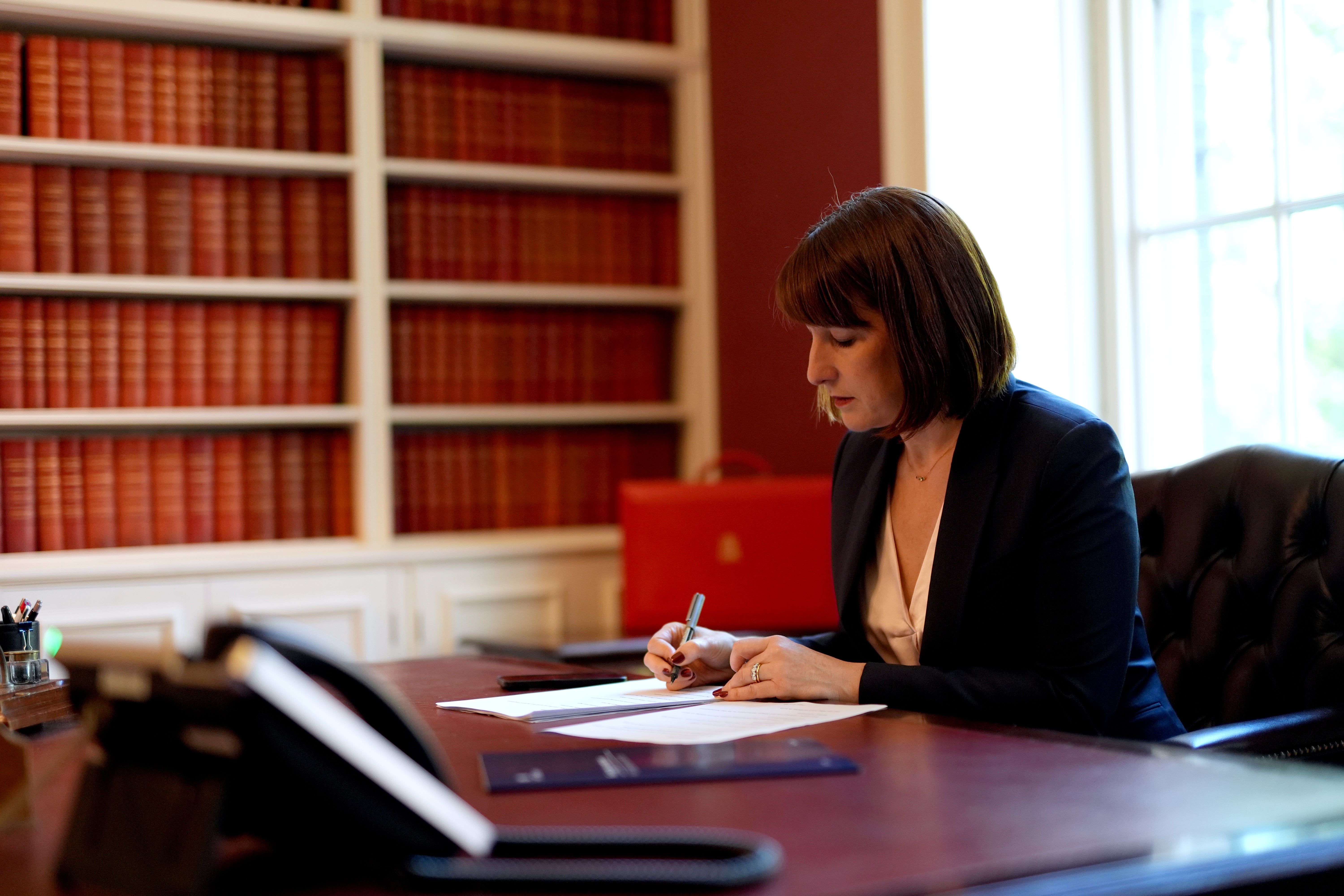Millionaires urge Reeves to raise £14bn from capital gains tax changes at Budget
Government analysis has previously all but ruled out the measures

Your support helps us to tell the story
From reproductive rights to climate change to Big Tech, The Independent is on the ground when the story is developing. Whether it's investigating the financials of Elon Musk's pro-Trump PAC or producing our latest documentary, 'The A Word', which shines a light on the American women fighting for reproductive rights, we know how important it is to parse out the facts from the messaging.
At such a critical moment in US history, we need reporters on the ground. Your donation allows us to keep sending journalists to speak to both sides of the story.
The Independent is trusted by Americans across the entire political spectrum. And unlike many other quality news outlets, we choose not to lock Americans out of our reporting and analysis with paywalls. We believe quality journalism should be available to everyone, paid for by those who can afford it.
Your support makes all the difference.Rachel Reeves should increase capital gains tax (CGT) at Labour’s upcoming Budget, a group of millionaire business owners have urged, estimating the measure would raise £14bn a year.
In a report by the IPPR think-tank, analysts have consulted with wealthy entrepreneurs who say higher CGT would not have stopped them from making investments in the UK.
The group has called for CGT to be aligned with income tax, arguing that fears such a move would lead wealthy individuals to leave the country in response are unfounded. Recent HMRC analysis found that a 10 per cent increase to the measure would actually cost the exchequer £2bn after behavioural impacts.
Mark Campbell, millionaire co-founder of Higgidy pies, said: “Entrepreneurs don’t think about capital gains tax when they create businesses. Increased capital gains tax would not have stopped us investing in Higgidy.
“My experience is that what drives entrepreneurs and investment is not the tax rate but the opportunity to create impact and return.

Capital Gains Tax (CGT) is paid on the profit made when an asset which has increased in value is sold. It is applied to things like the sale of personal possessions worth more than £6,000 (apart from a car), property that’s not the seller’s main home, shares and business assets.
It is charged at 10 or 18 percent for basic rate taxpayers, and 20 or 24 for higher or additional rate earners. There is a tax-free allowance of £3,000.
The IPPR report calls for the rates to be equalised with income tax bands, introducing a rate of 20 per cent for basic rate income tax payers, 40 per cent for higher rate payers, and 45% for additional rate payer
Report author Pranesh Narayanan, research fellow at IPPR, said: “The recent fearmongering from some that increasing capital gains tax will take the economy back to the stone ages is pure hyperbole.
“We have spoken to multiple millionaires in the last few weeks who have made it clear that equalising capital gains tax with income tax would make absolutely no difference to their investment or entrepreneurial pursuits.”
A Treasury spokesperson said: “We do not comment on speculation around tax changes outside of fiscal events.”
Join our commenting forum
Join thought-provoking conversations, follow other Independent readers and see their replies
Comments